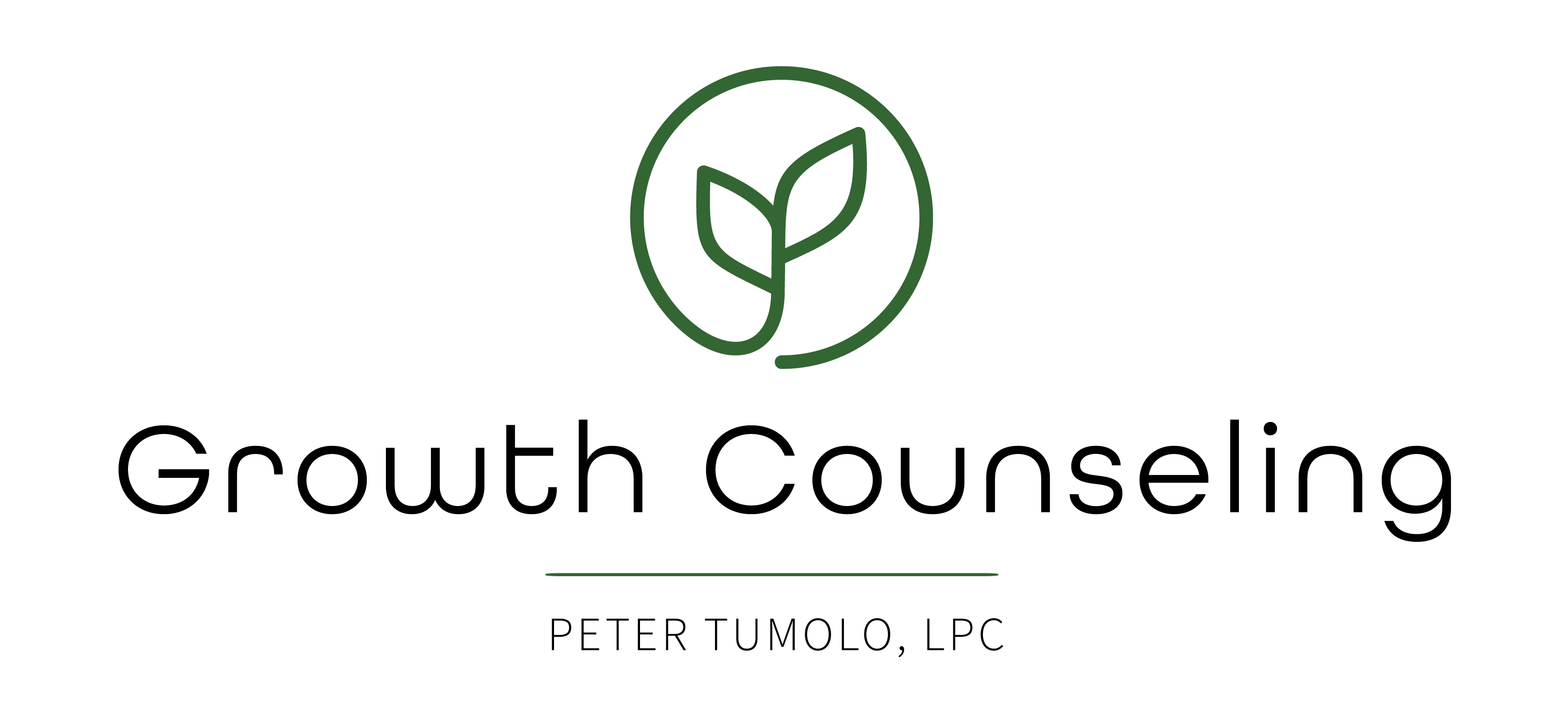Childhood is often perceived as a time of innocence and joy, ideally surrounded by safe and loving caregivers, but for many individuals, it can also be marked by experiences of fear, isolation, and trauma. Childhood trauma can involve a range of adverse events, including abuse, neglect, household dysfunction, addicted or mentally ill caregivers, and witnessing violence. These experiences can have profound and lasting effects on a person’s physical, emotional, and psychological well-being throughout their lifetime.
Effects on Mental Health: One of the most well-documented effects of childhood trauma is its impact on mental health. Research has shown that individuals who experience trauma during childhood are at a higher risk of developing mental health disorders such as depression, anxiety, post-traumatic stress disorder (PTSD), and substance abuse later in life. Trauma can disrupt the development of the brain’s stress-response system, leading to difficulties in regulating emotions and coping with stressors.
Impact on Relationships: Childhood trauma can also affect the way individuals form and maintain relationships. Trust issues, difficulties in establishing boundaries, and fear of intimacy are common challenges faced by survivors of childhood trauma. These relational patterns can manifest in various areas of life, including friendships, romantic relationships, and professional interactions, leading to feelings of isolation and loneliness.
Physical Health Consequences: In addition to its psychological effects, childhood trauma can take a toll on a person’s physical health. Research has linked childhood trauma to an increased risk of chronic health conditions such as heart disease, diabetes, obesity, and autoimmune disorders. The long-term activation of the body’s stress-response system can contribute to inflammation, hormonal imbalances, and weakened immune function, making individuals more susceptible to illness and disease throughout their lifetime.
Educational and Vocational Challenges: Children who experience trauma may struggle academically and socially in school, leading to lower academic achievement and higher rates of school dropout. The effects of trauma can also extend into adulthood, impacting an individual’s ability to pursue higher education, secure stable employment, and maintain job stability. Trauma-related symptoms such as difficulty concentrating, low self-esteem, poor emotional regulation, and impulsivity can negatively affect educational and vocational success.
Healing and Recovery: While the effects of childhood trauma can have far-reaching negative implications, it is important to recognize that healing and recovery are possible. Therapy, support groups, and other trauma-informed interventions can help survivors process their experiences, develop coping strategies, and rebuild their lives. Cultivating supportive relationships, practicing self-care, and engaging in activities that promote resilience and healing are all imperative parts of the recovery process.
Conclusion: Childhood trauma can leave a lasting imprint on individuals, affecting their mental, emotional, physical, and social well-being into adulthood. By raising awareness of the lifelong impact of childhood trauma, we can work towards creating trauma-informed communities that prioritize prevention, early intervention, and support for survivors. With empathy, understanding, and access to appropriate resources, individuals can navigate the challenges of trauma and embark on a path toward healing and resilience.
If you or someone you love has faced childhood trauma, they do not have to carry it with them forever. Therapy, specifically EMDR therapy, can help heal from the trauma and free your loved one up to live a more fulfilling life. Learn more.

